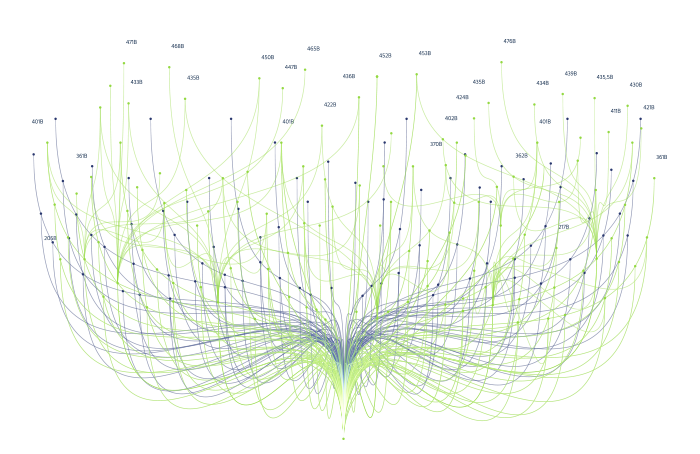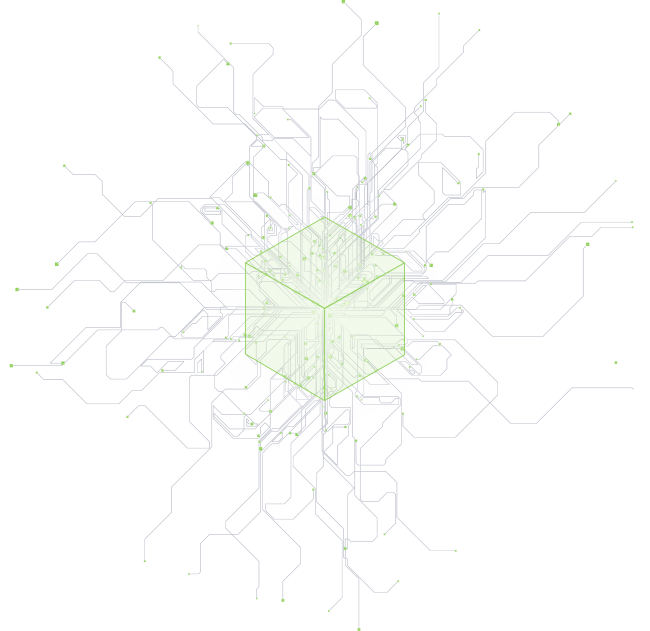Ontology & digital twin
What is ontology?
Ontology helps us to structure and organise data in a way that reflects the real world. Ontology is actually a branch of metaphysics that deals with the nature of being but has been somewhat highjacked by the data community in recent times as a way of describing the types of techniques needed to gain meaning and actionable insight from data.
In the context of data, an ontology is collection of concepts and relationships within a given context. So, a concept (or a thing like a person or a truck) and its relationships with other concepts within a particular context.
Think of it as a way or organising and structuring data in a way that delivers meaning. That meaning helps to derive new insights which can be used to realise tangible value from data.

What is digital twin?
A digital twin is a digital replica of a real-world object that exists for the lifecycle of the respective thing, process, or system. It’s a virtual model that can be used to monitor and assess (real-time models) but also to simulate and predict outcomes based on certain events or conditions (synthetic models).
Ontology is a central component of the digital twin concept and is used (with other techniques, and technologies) to create digital twin models. Adoption of digital twin technologies is growing rapidly as businesses and leaders look to find new ways to gain competitive advantage and make sense of the huge volumes of data that are being generated.

How Entopy uses ontology & digital twin to deliver value:
Entopy’s proprietary ontology captures relationships between entities created within the Entopy core. It is these relationships, which are reflective of the real world that enable Entopy to capture dynamic data relationships which ultimately lead to the uncovering of hidden insights across complex datasets.
Entopy’s ontology is the secret sauce, creating huge flexibility, and enabling multidimensional entity relationships to be captured across simultaneous contexts, changing in relation to both space and time.
It’s Entopy ontology that generates the highly effective insights that the platform delivers and allows the forward flexibility to introduce new data, introduce new models, and ultimately, generate new insights. It also supports iterative deployment, enabling us to get to value quickly whilst maintaining absolute flexibility to introduce new data and models as the environment or requirements change.
Read more about how Entopy uses ontology & digital twin to look at data through the lens of the entity in our whitepaper: crossing the data chasm.
